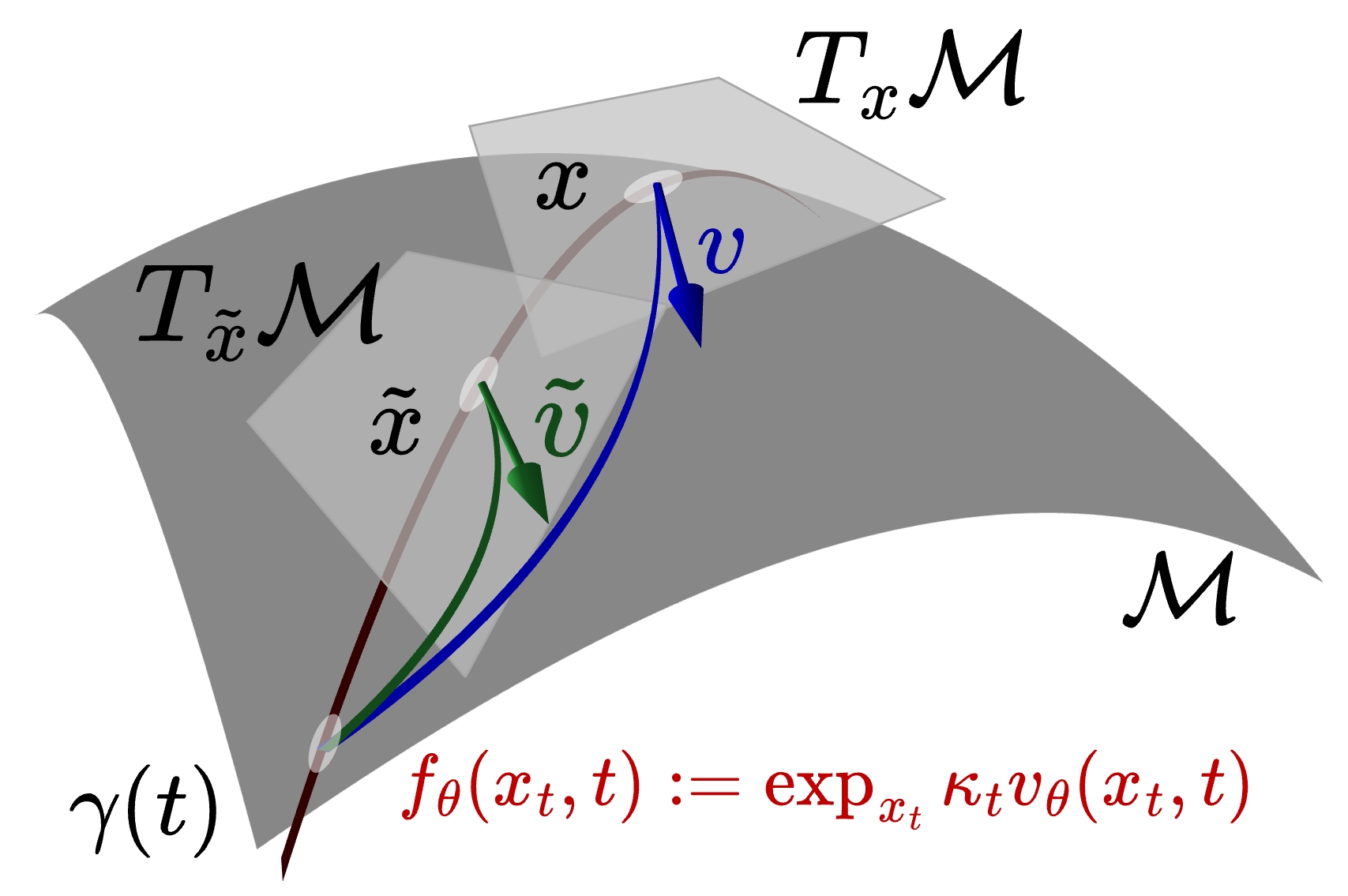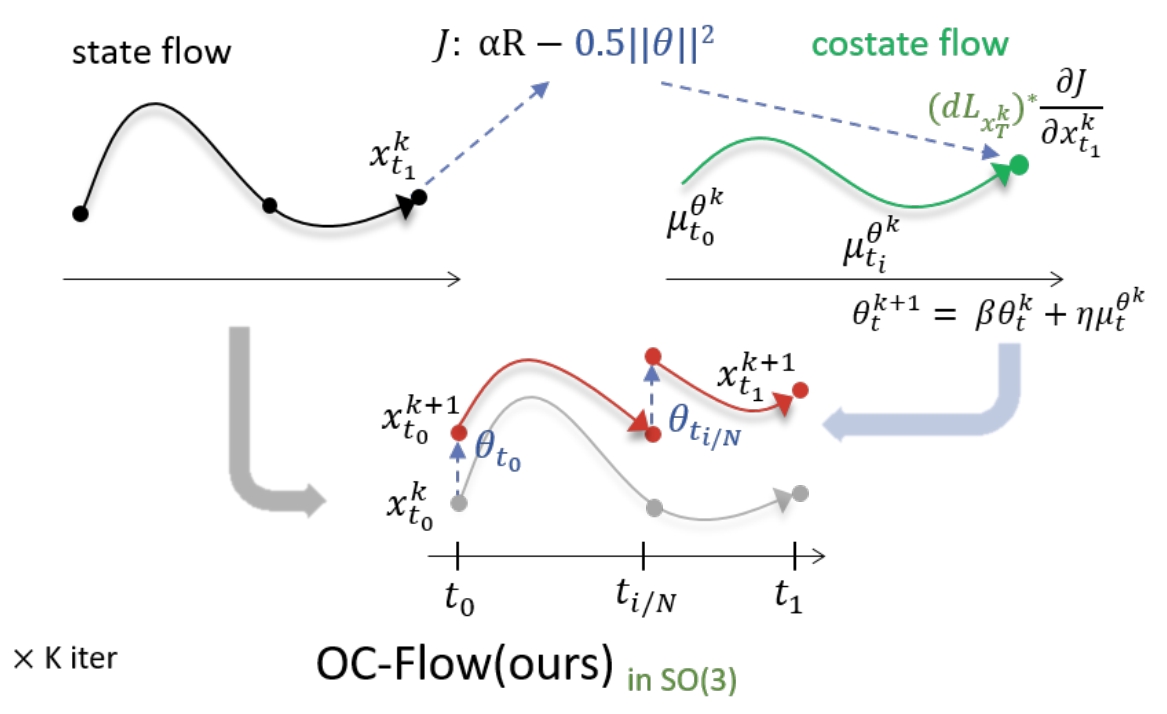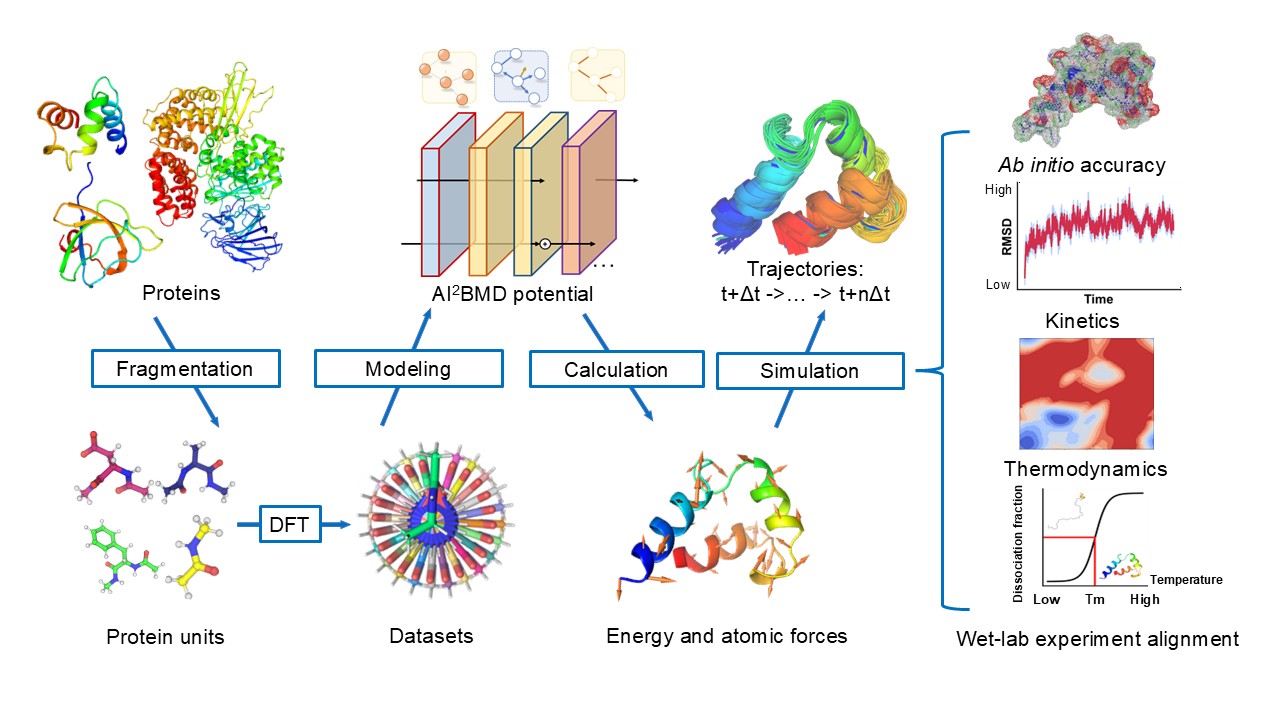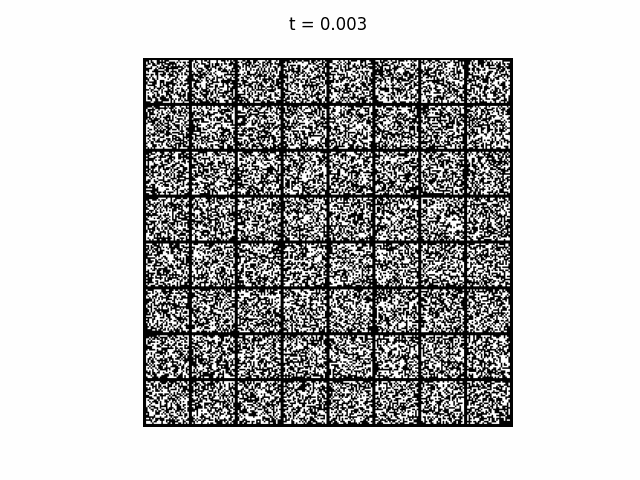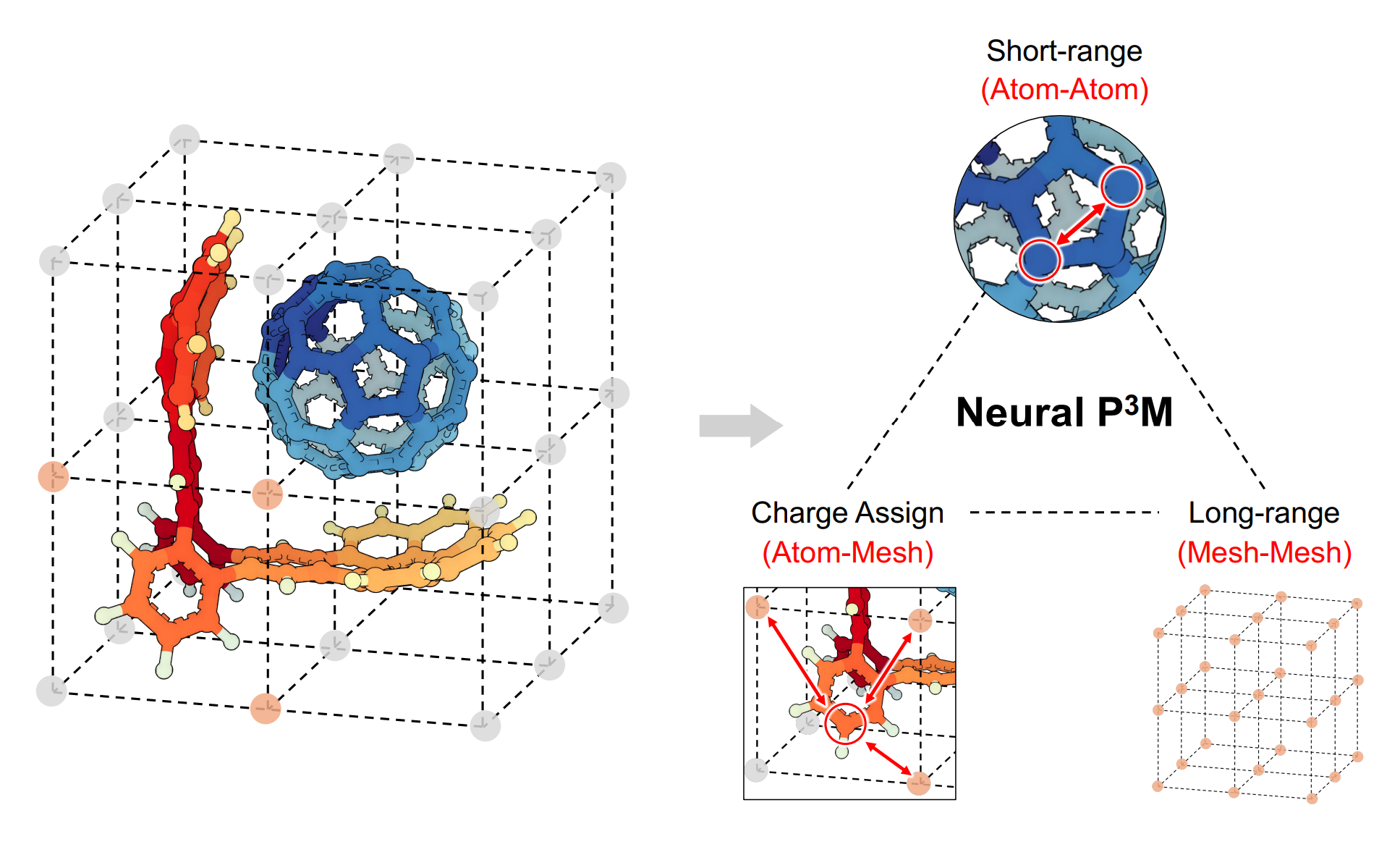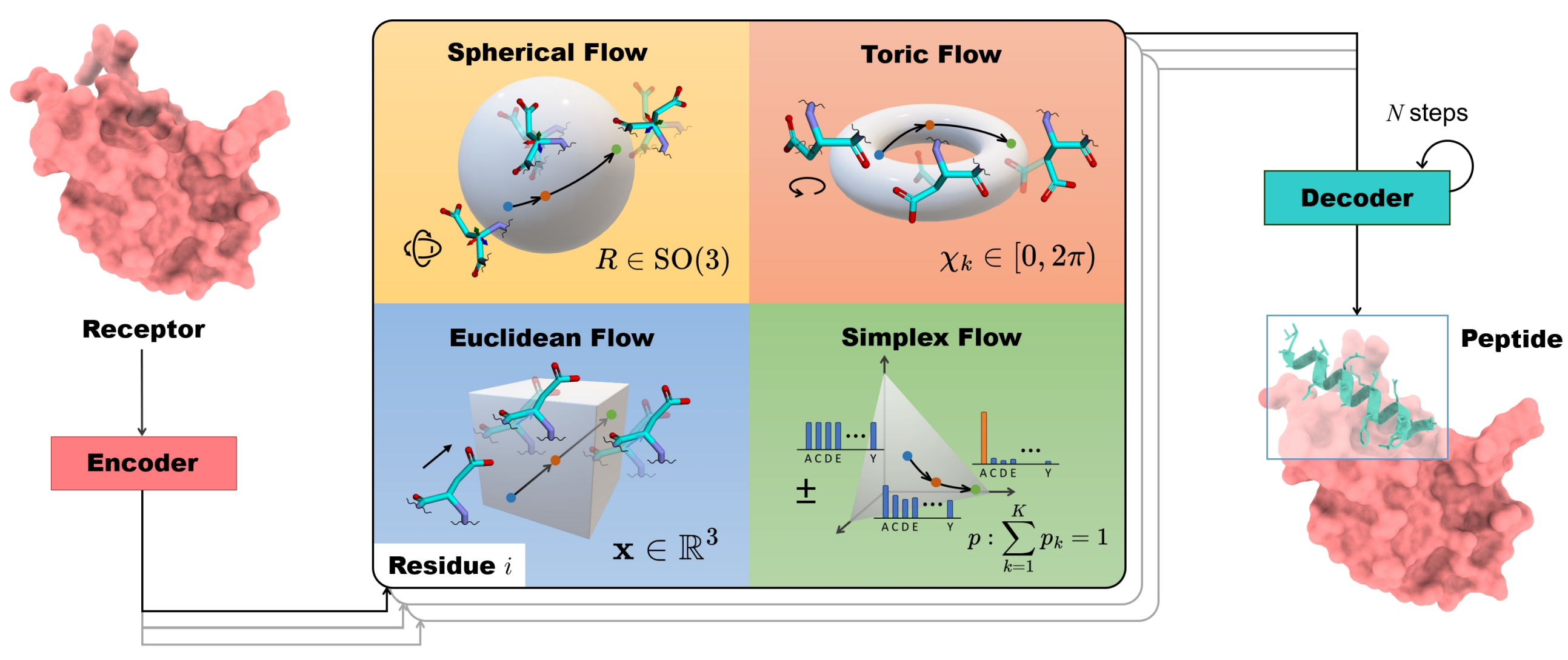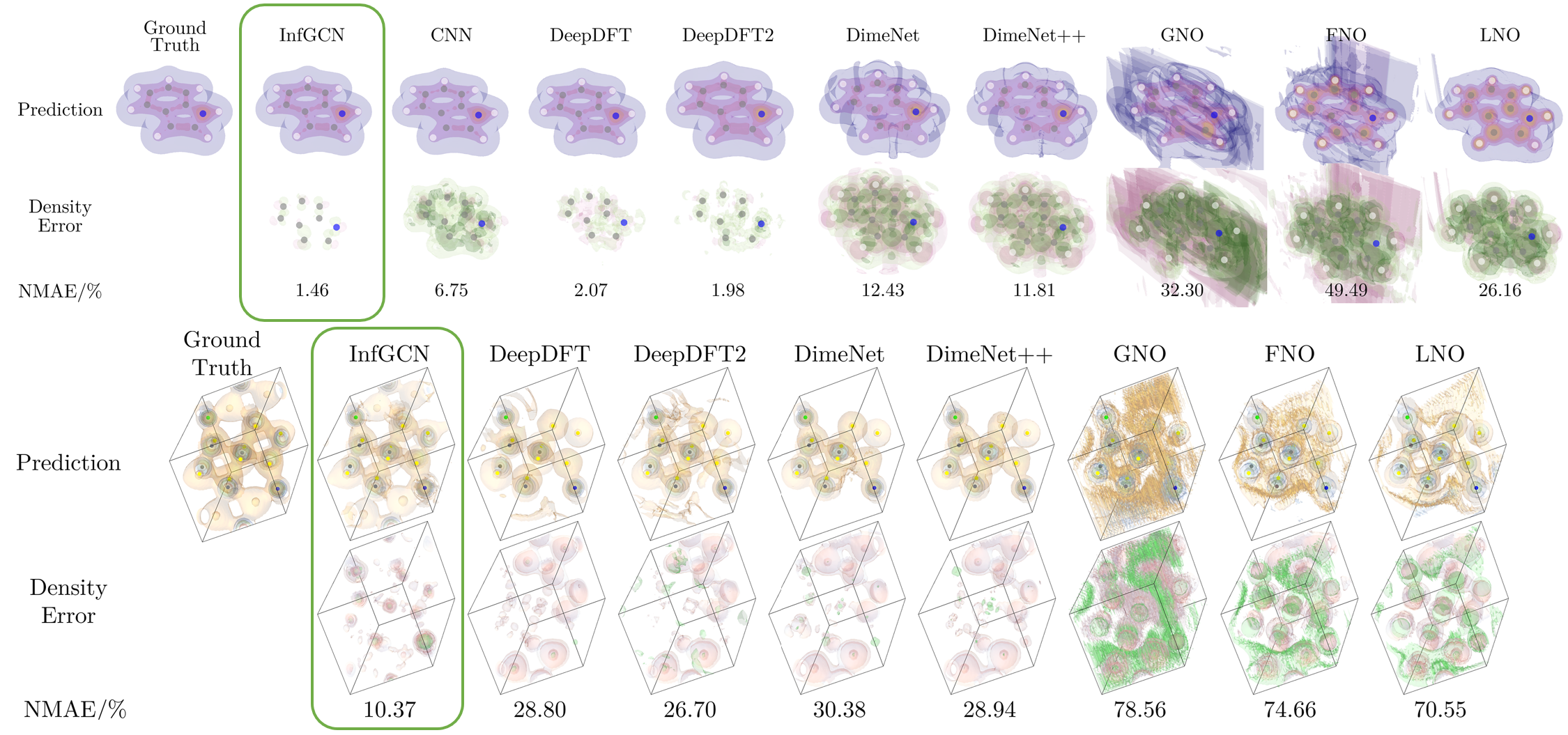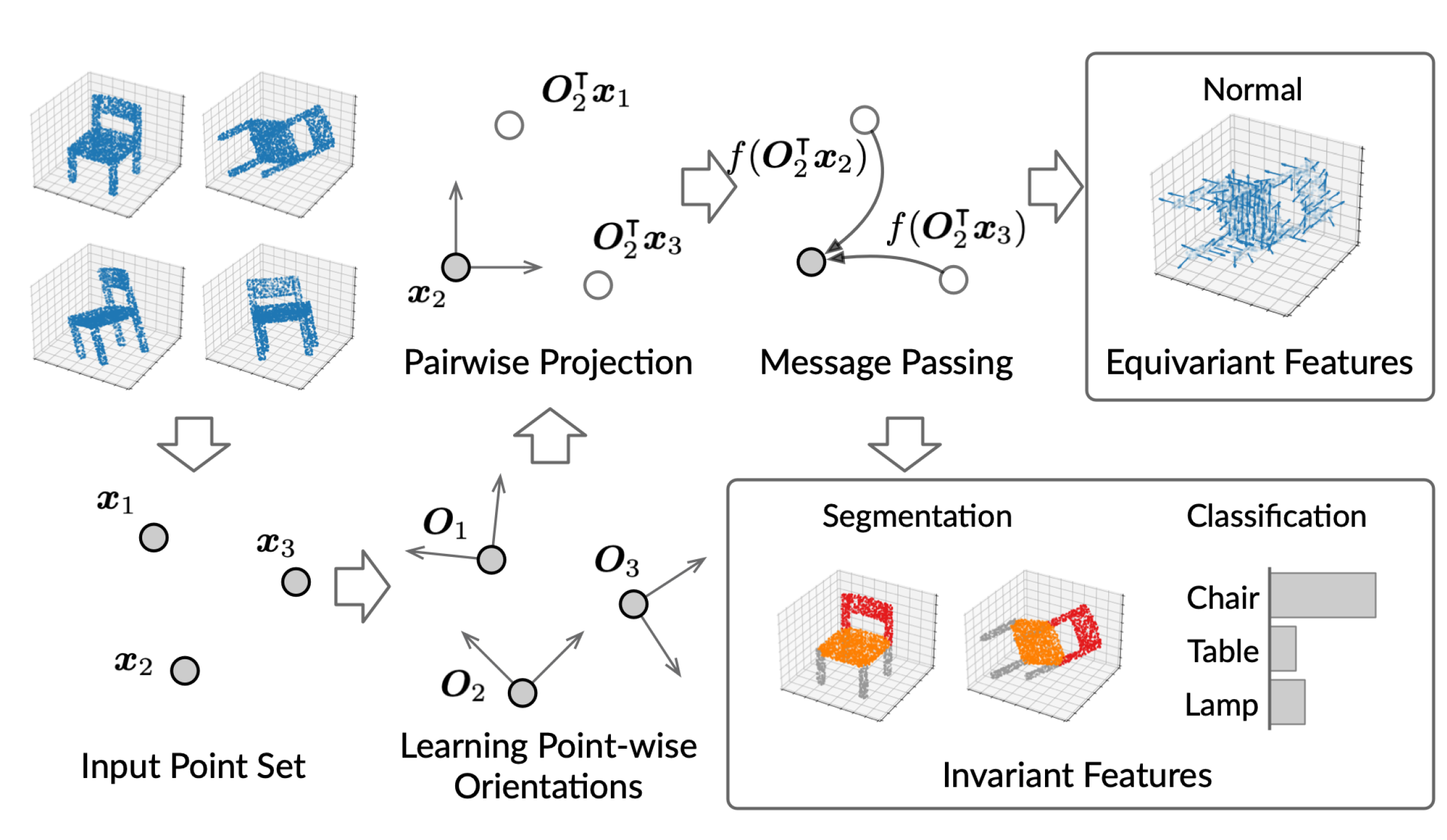Chaoran Cheng
Siebel School of Computing and Data Science
University of Illinois Urbana-Champaign

Hi! I am Chaoran Cheng, a fourth-year CS Ph.D. candidate at the University of Illinois Urbana-Champaign. I am advised by Prof. Ge Liu, before which I was working with Prof. Jian Peng. My research interests mainly span multiple aspects of generative modeling in AI4Science domains, with a special interest in manifold learning in which desirable network behaviors are mathematically inspired and guaranteed. Combining continuous and discrete modalities with a more comprehensive and versatile generative model for molecules and proteins, our work can build a more comprehensive and versatile generative model and has been successfully applied to various AI4Science tasks including protein sequence-structure co-design and structure-based drug design.
I am actively engaged in the MMLI initiative, a joint effort between UIUC CS School and Chemistry Department to develop a machine learning-based platform for molecular design. I am also engaged in the CABBI initiative, a multi-institutional project to deal with the emergent challenges of sustainable bioproducts.
I obtained my Bachelor’s Degree in Computer Science at Peking University, before which I also spent my freshman year studying chemistry.
Other personal interests
Out of my pure personal interest, I am developing a machine-learning based automatic charter for Cytoid, a community-driven rhythm game inspired by Rayark's games Cytus and Cytus II. The community provides many fan-made charts that can be used to train a machine learning system.News
| Oct 2, 2025 | Our latest work of Riemannian Consistency Model (RCM) rigorously extends consistency models to Riemannian manifolds utilizing core mathematical concepts of covariant derivative and its corresponding Christoffel symbols. RCM has been accepted to NeurIPS 2025, and I look forward to discussions in San Diego! Check out the details at arXiv.
|
|---|---|
| Feb 18, 2025 | I have 4 accepted papers at ICLR 2025. Interestingly, I served as the first, second, third, and fourth authors in these papers, respectively. See here for the papers. |
| Nov 6, 2024 | My contributing work on AI²BMD during my internship at MSRA has been accepted to Nature. In this work, we extend AI-assisted molecular dynamics (MD) simulation to large-scale protein systems with ab initio accuracy. Check out MSR's introductory blog on why MD can be fundamental to various AI4Science domains. 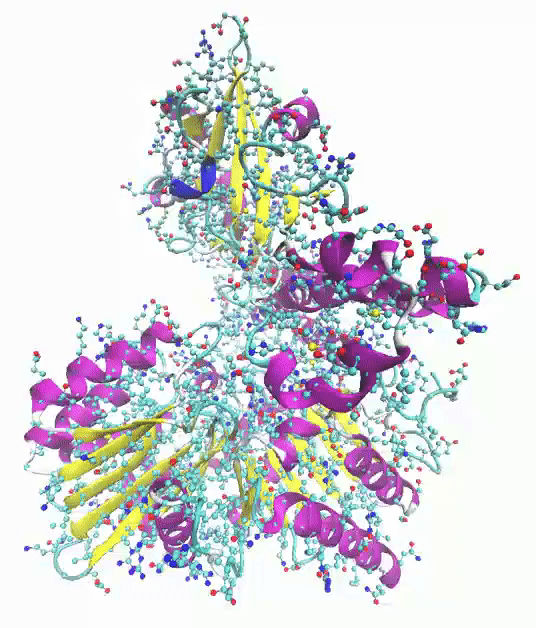 |
| Sep 27, 2024 | Our latest work of Statistical Flow Matching (SFM) for discrete generation has been accepted to NeurIPS 2024! Check out our paper on arXiv and our code on GitHub. We applied SFM across image, text, and biological domains demonstrate its superior sampling quality and NLL on discrete tasks.
|
| Sep 21, 2023 | My work Equivariant Neural Operator Learning with Graphon Convolution was accepted to NeurIPS 2023 as a Spotlight paper. Check out the paper here. I am also honored to be the Workflow Chair of the New Frontiers in Graph Learning Workshop at NeurIPS 2023! |
| Dec 7, 2022 | Check out this post on the Tensor Field Network! ⌬ 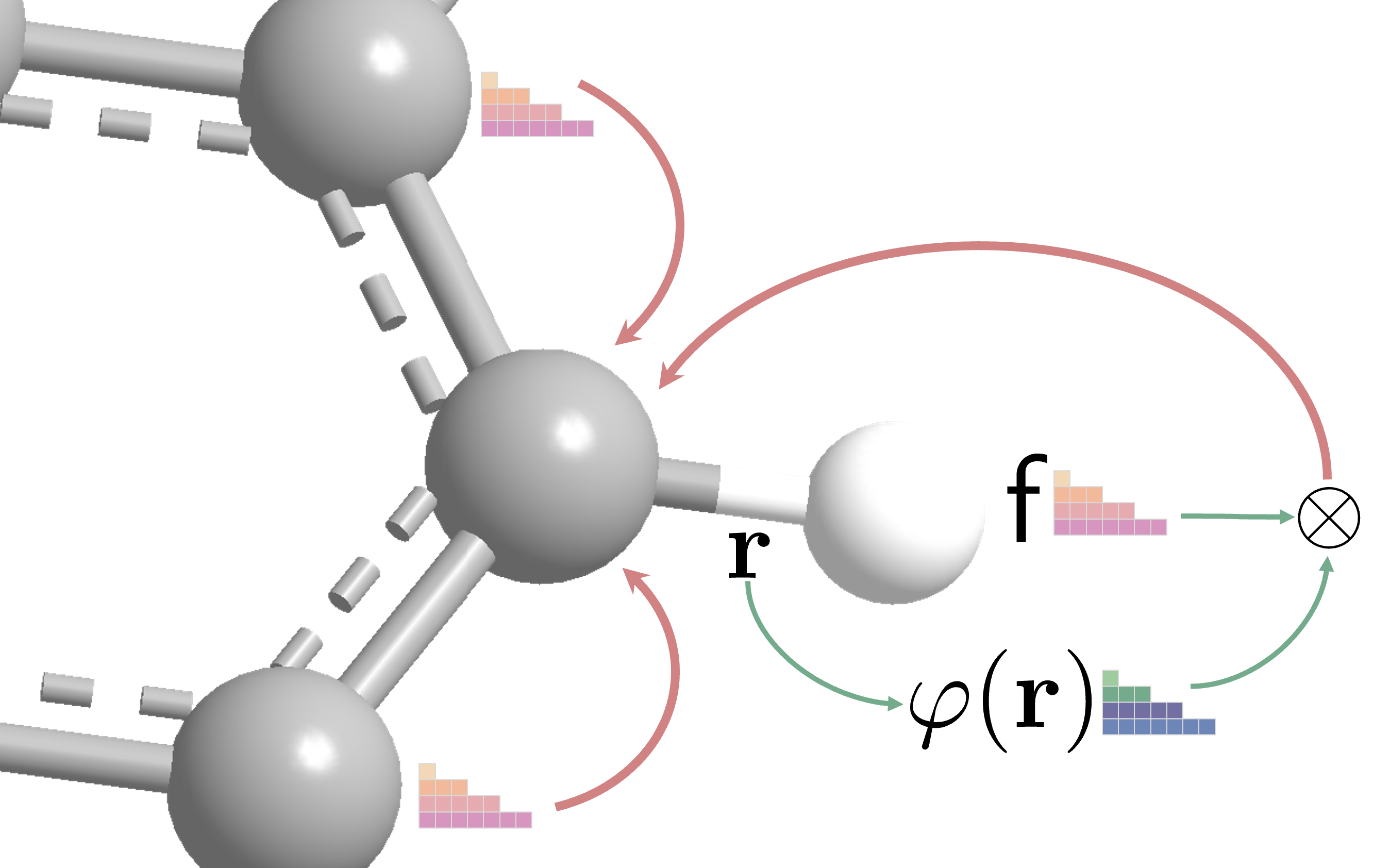 |
| Nov 30, 2022 | Get a glimpse of Cézanne and the revolution of modern art. 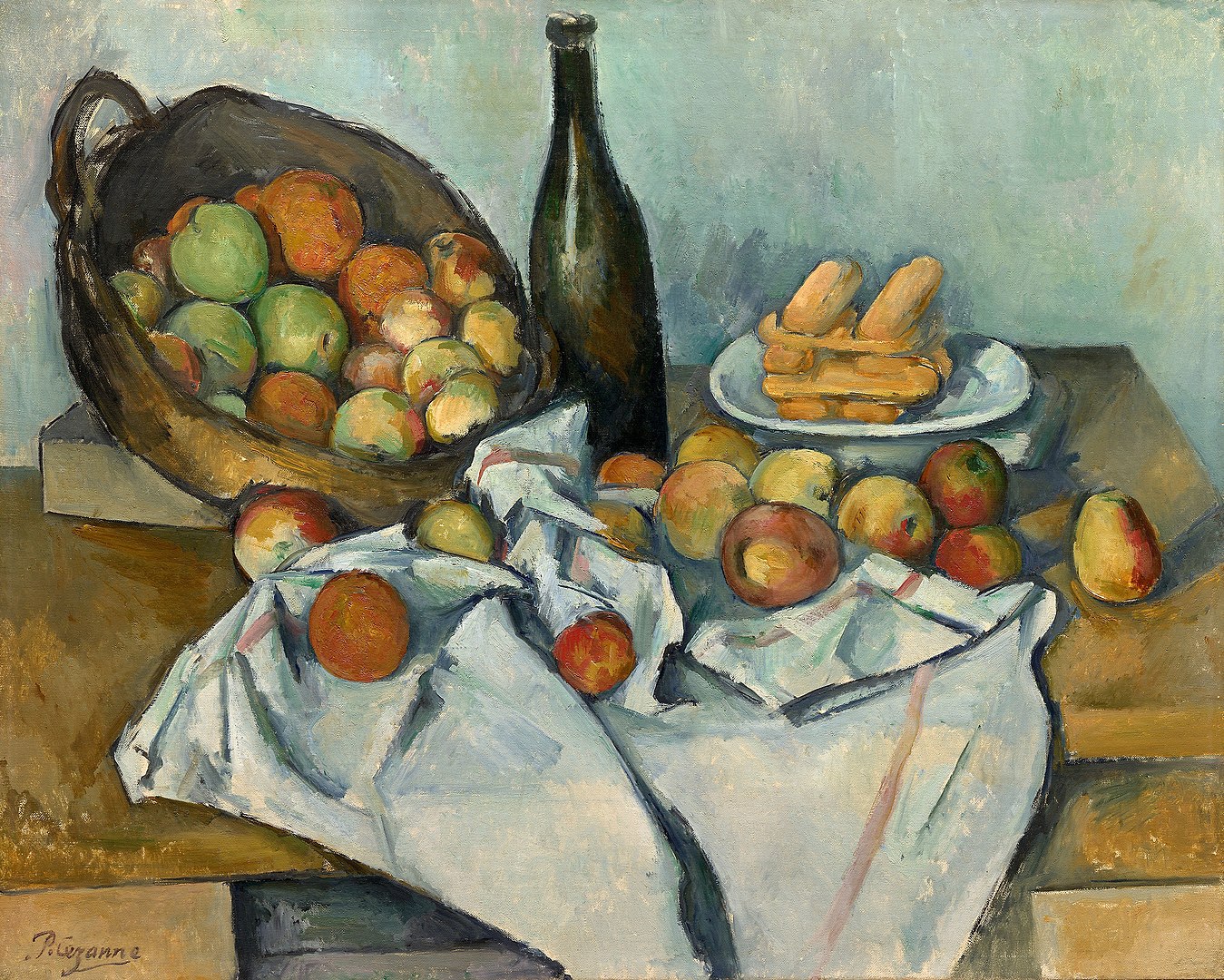 |
Selected Publications
-
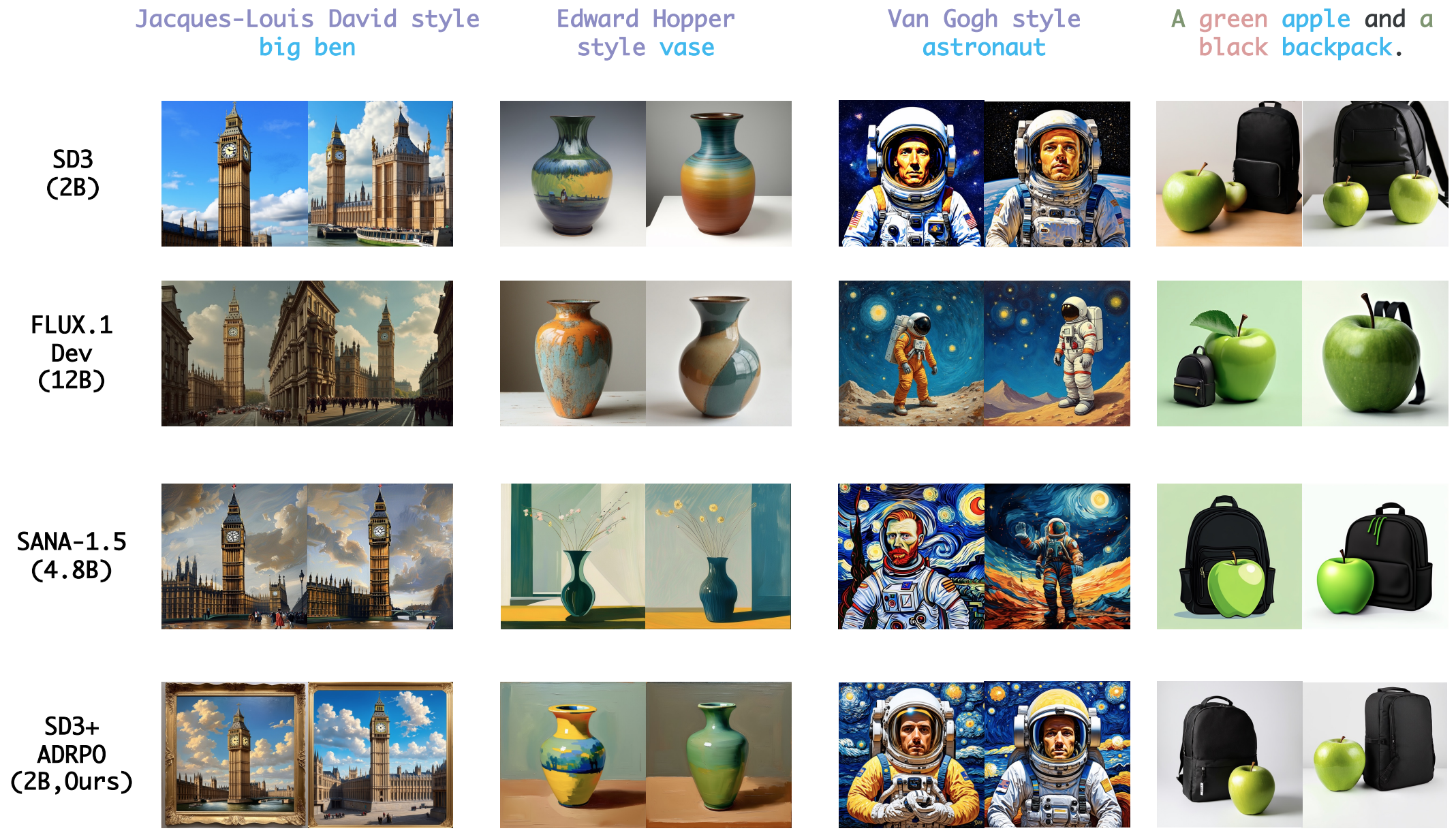 Adaptive Divergence Regularized Policy Optimization for Fine-tuning Generative ModelsIn Annual Conference on Neural Information Processing Systems 2025, NeurIPS 2025 2025
Adaptive Divergence Regularized Policy Optimization for Fine-tuning Generative ModelsIn Annual Conference on Neural Information Processing Systems 2025, NeurIPS 2025 2025
